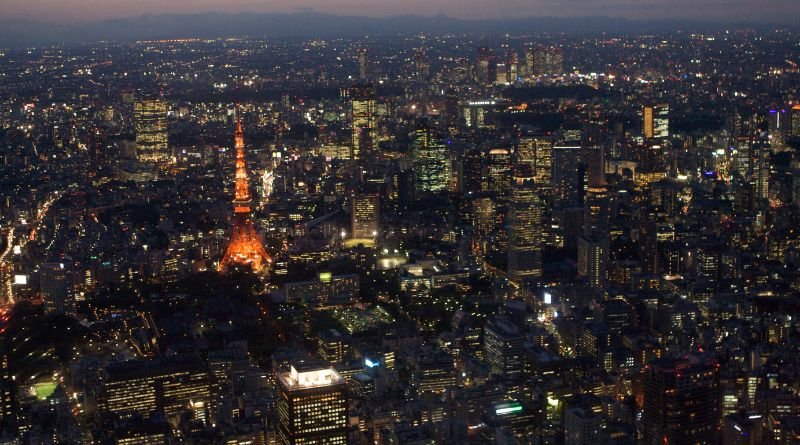
After months of delay and controversy, Christopher Nolan’s Academy Award-winning film “Oppenheimer” finally premiered in Japan on Friday, reigniting a complex dialogue about the country’s devastating experience with nuclear weapons during World War II. The release, which arrived eight months after its global debut, has stirred unease, particularly in the cities of Hiroshima and Nagasaki, where the atomic bombings claimed over 200,000 lives.
Hiroshima Residents Voice Discomfort and Mixed Emotions
Residents of Hiroshima, a city synonymous with the horrors of nuclear warfare, expressed mixed emotions upon watching the film. Some, like Kawai, a 37-year-old public servant, found certain scenes depicting the atomic bomb’s development and testing to be unsettling, questioning whether Japanese audiences should make a special effort to watch the movie. Others, like retired 65-year-old Agemi Kanegae, appreciated the film’s artistic merits while feeling uncomfortable with specific scenes, such as the portrayal of Oppenheimer’s trial in the United States.
Navigating Complexity and Empathy in a Post-Nuclear World
Despite the discomfort, some viewers found a sense of empathy for the film’s central figure, J. Robert Oppenheimer, the physicist who led the Manhattan Project. Rishu Kanemoto, a 19-year-old student, acknowledged the suffering of Hiroshima and Nagasaki victims but also recognized Oppenheimer’s own tragic position as a perpetrator and victim caught in the complexities of war. This nuanced perspective reflects the ongoing struggle to grapple with the ethical and moral dilemmas surrounding nuclear technology.
As Japan confronts its nuclear legacy, the screening of “Oppenheimer” has reignited discussions about the use of atomic weapons and their lasting impact. While some viewers have expressed reservations or discomfort, others see the film as an opportunity to revisit and reinvigorate the debate over nuclear disarmament and the pursuit of a more peaceful world.



